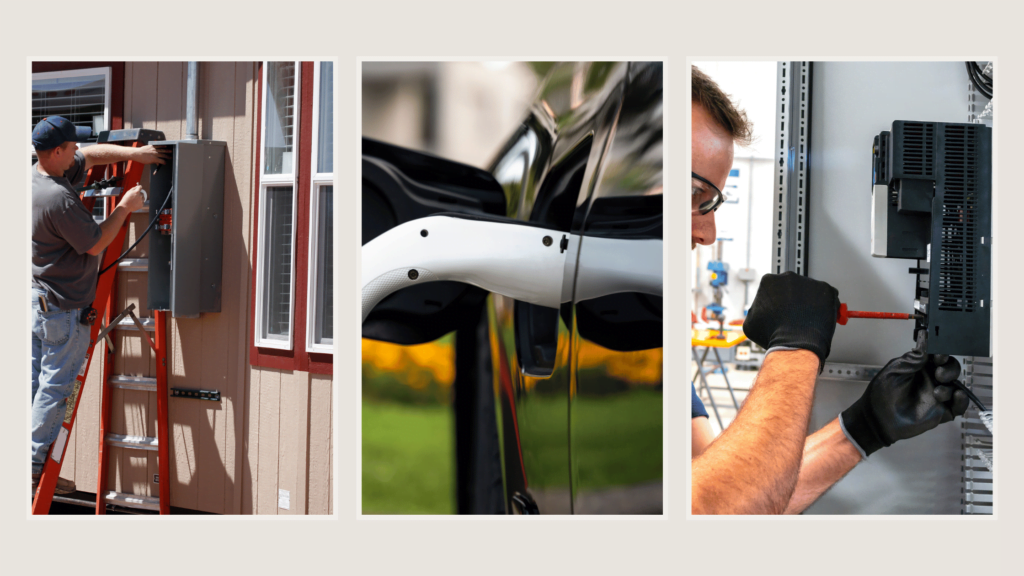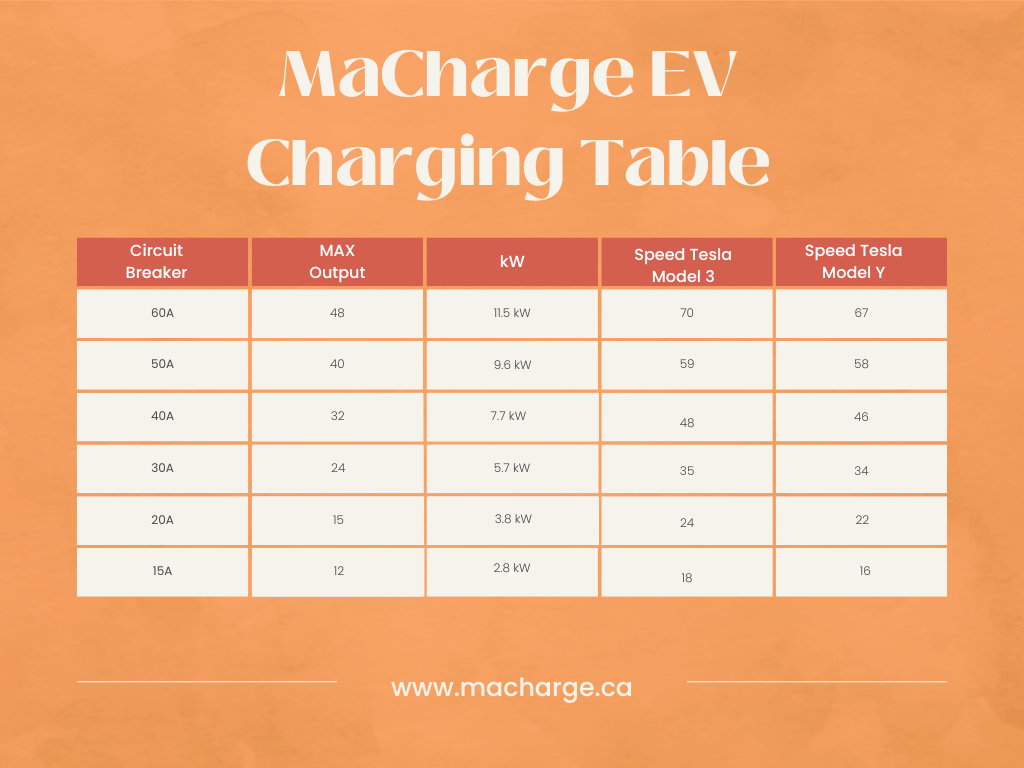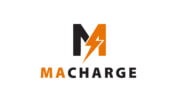
You’re on the brink of becoming the proud owner of an electric vehicle (EV). Your EV is either on order or you just got it. Congrats! However, there’s an important question you’re grappling with. Can your home’s electrical panel support the demands of an EV charger? EV chargers need quite a bit of power. This is a common concern among homeowners and small business owners that want to install an EV charger. making the leap to electric mobility. MaCharge is here to guide you through this electrifying journey. As specialists in electric vehicle installations and energy management solutions, we’ll break down the complexities and unveil the secrets behind ensuring your panel is EV ready.
We will highlight some of the critical factors, potential hurdles, and ingenious solutions to empower your transition. Always remember that there are intricacies of assessing your panel’s capacity which should be done by a licensed electrical contractor. We’ll do our best to guide you so you know what is involved.
Understanding Charge Rates and Power Requirements
We will start off by stating what is often understood. The faster your charging speed, the more power you need. To illustrate, let’s consider the examples below and its charge rate. While the allure of blazing-fast charging speeds is undeniable, consider your actual requirements. At the fastest rate, which is 70 kms per hour, a current draw of 48 amps is needed. If your vehicle boasts a 300-mile range, you can go from near-empty to full in less than 7 hours. For those content with a slower charge, options as low as 12 amps are available. This flexibility in charge rates ensures compatibility with varying electrical setups and usage patterns.

Optimizing Charging Speeds
While a high charge rate might seem appealing, it’s important to evaluate your actual charging needs. But let’s dig deeper – when do you typically charge, and how much driving do you anticipate daily? How much do you drive on a weekly basis? How fast can your car recharge? A Tesla Model Y, for instance, can charge at 70 kilometers per hour, but think about your daily driving distance. If you drive around the average 60 kilometers per day, even a 30-amp charger would suffice, completing a charge in just about 4 and half hours.
Thus, before committing to a panel upgrade, consider your driving habits and charging window. For most, at least 90% as the average person drives approximately 60 kms each day, overnight charging suffices! Providing around 12 hours for a full charge. Even someone driving 160 kilometers a day with a 30-amp charger can deliver a full charge in a few hours or overnight.
Assessing Electrical Service Compatibility
Now, the critical question: Can your current electrical panel support an EV charger? Several variables come into play:
Existing service size – 100amp, 150a, 200amp, or beyond?
Desired charge rate – what suits your needs?
Other electrical loads – central air conditioning, electric range, dryer, and more.
When it comes to determining if your electrical panel can handle an EV charger, several factors come into play. These include your existing service size, desired charge rate, and other electrical loads in your home. A 200-amp service is often a promising foundation for EV charging, but individual circumstances differ. If your home still operates on a 150-amp service which we sometimes see in older homes, the likelihood of accommodating an EV charger is not promising without adding load management system. An upgrade to a 200-amp panel might be necessary for the usage.
Load Calculation: Unveiling the Potential
Electricians perform load calculations to gauge your home’s electrical load and potential for an EV charger. These calculations consider factors like square footage, electric appliances, and demand factors, which account for simultaneous appliance usage. A 200-amp service often supports an EV charger, but it’s essential to assess your unique situation.
For homes with inadequate panels, two effective solutions exist. First, consider upgrading your electrical service to a more robust 200-amp panel, providing ample capacity for future needs and potentially increasing your property’s value. Alternatively, if you’re unable to upgrade, an energy management system can regulate power distribution, ensuring efficient charging without overloading your panel.
For panels deemed inadequate, two viable paths await:
Upgrade Your Electrical Service: If you reside in a single-family home with a 60-amp or 100-amp service, a 200-amp upgrade is recommended. This grants ample capacity for future electrical projects, enhancing your home’s value. Plus, a 200-amp service is a strong selling point.
Embrace Energy Management: If you’re limited by your existing service size, an energy management system is a savvy choice. These systems measure total load and adjust power distribution to prevent overloading. A simple yet effective solution, especially if panel upgrades aren’t feasible.
Expert Insights from MaCharge
As a certified installer, MaCharge boasts extensive experience in EV charging solutions. We specialize in tailoring solutions for diverse residential needs, collaborating with homeowners to create effective charging strategies. If you’re grappling with panel compatibility or seeking personalized recommendations, our experts are here to assist you every step of the way. The journey towards EV ownership is exciting, and MaCharge is committed to making it a seamless transition. By understanding your charge rate requirements, assessing your panel’s capacity, and exploring effective solutions, you can confidently welcome your EV into your home. With MaCharge as your partner, you’ll benefit from our expertise in electric vehicle installations and energy management solutions. Contact us today to embark on your electric mobility journey with confidence.
